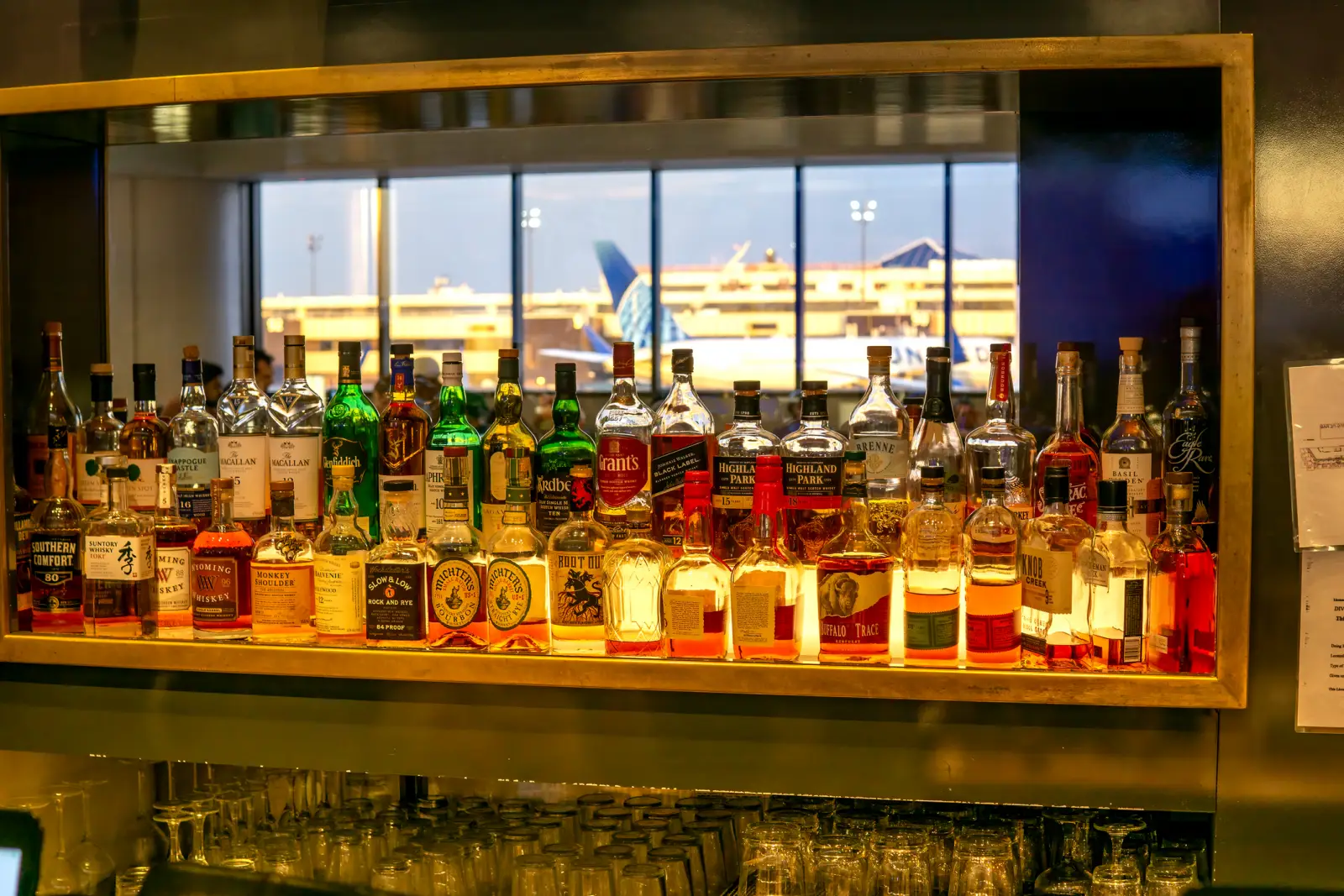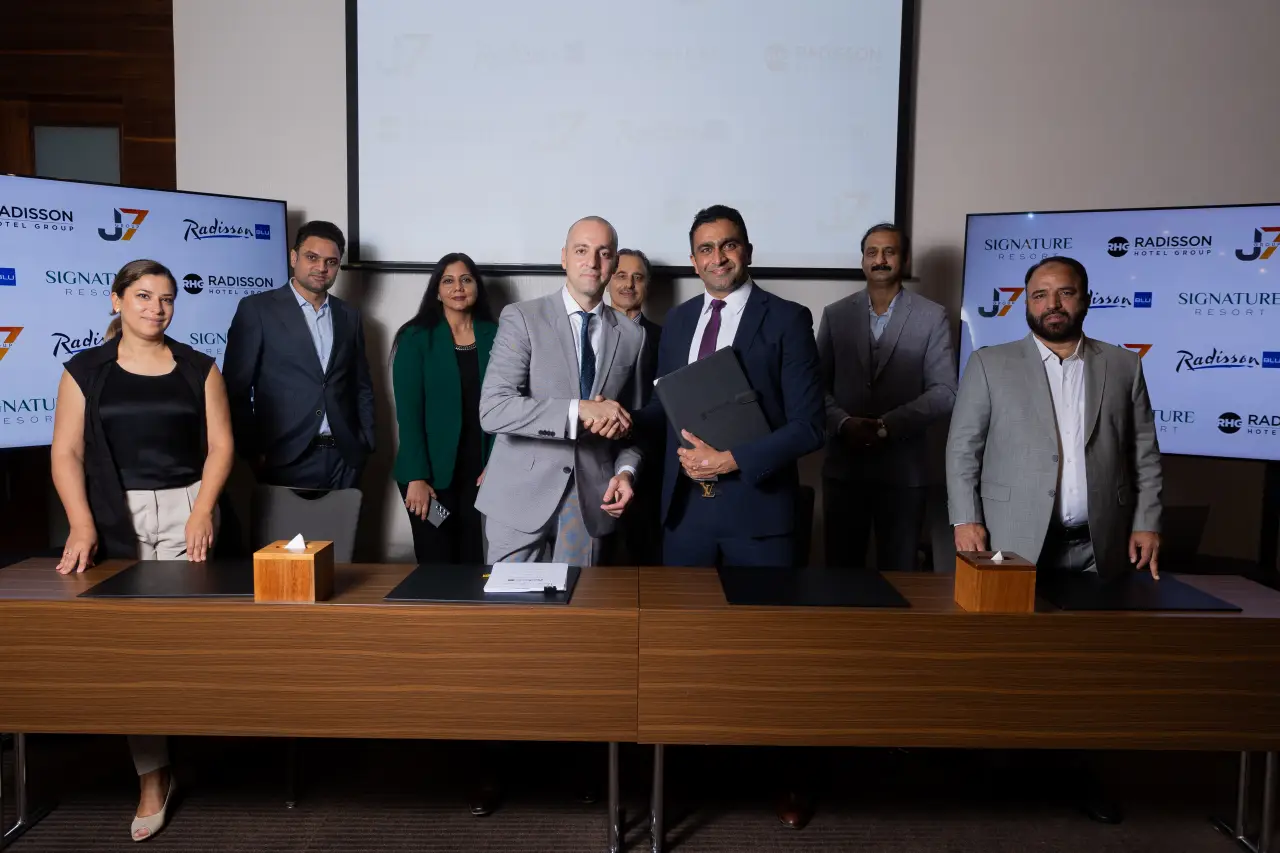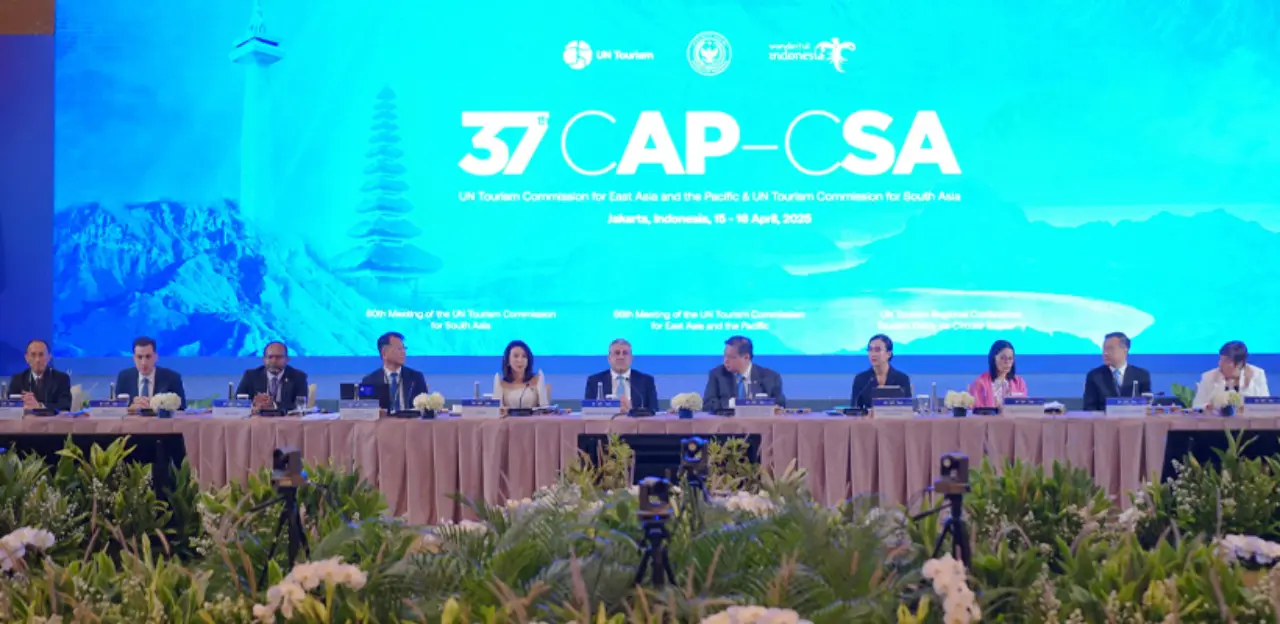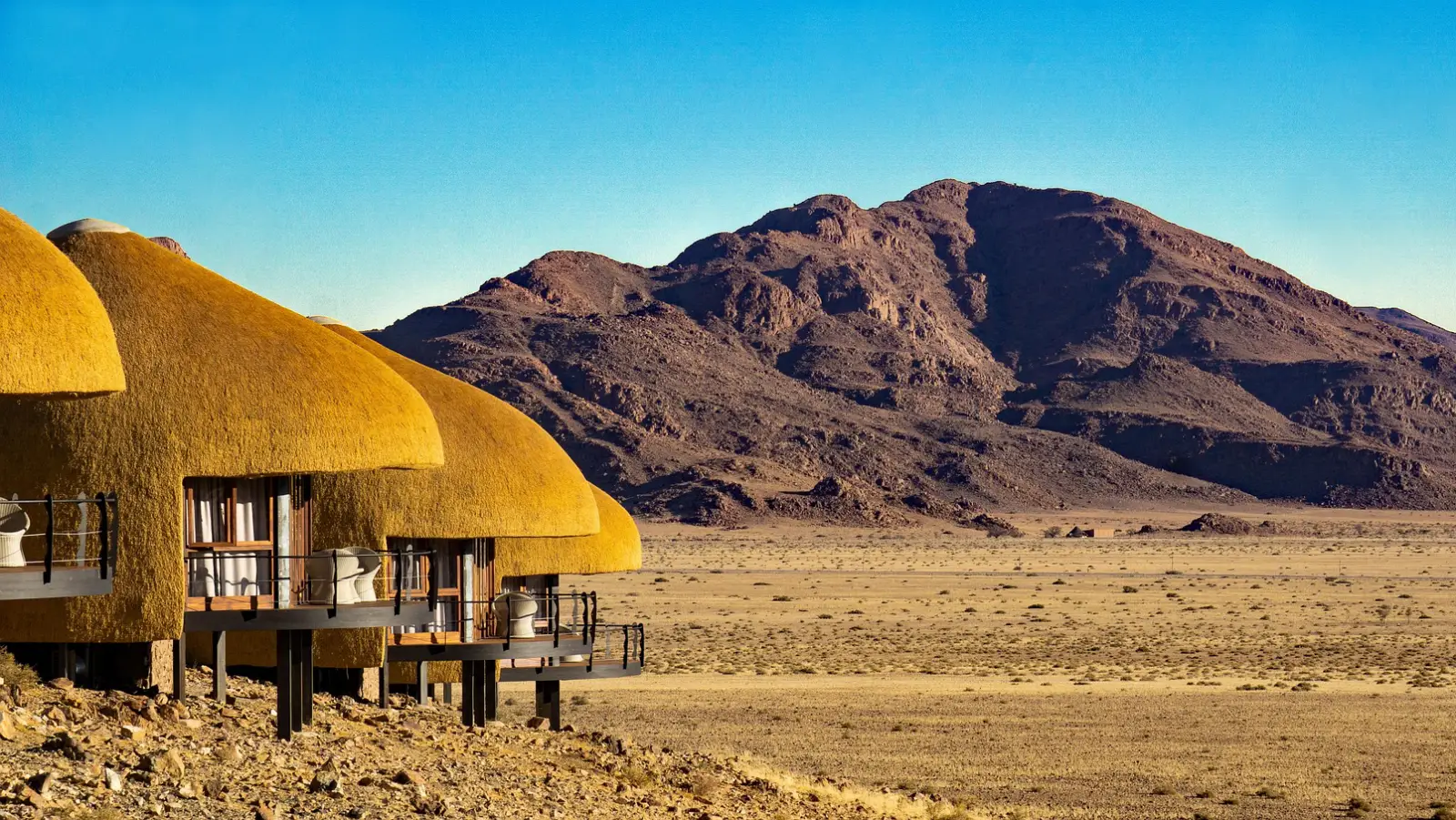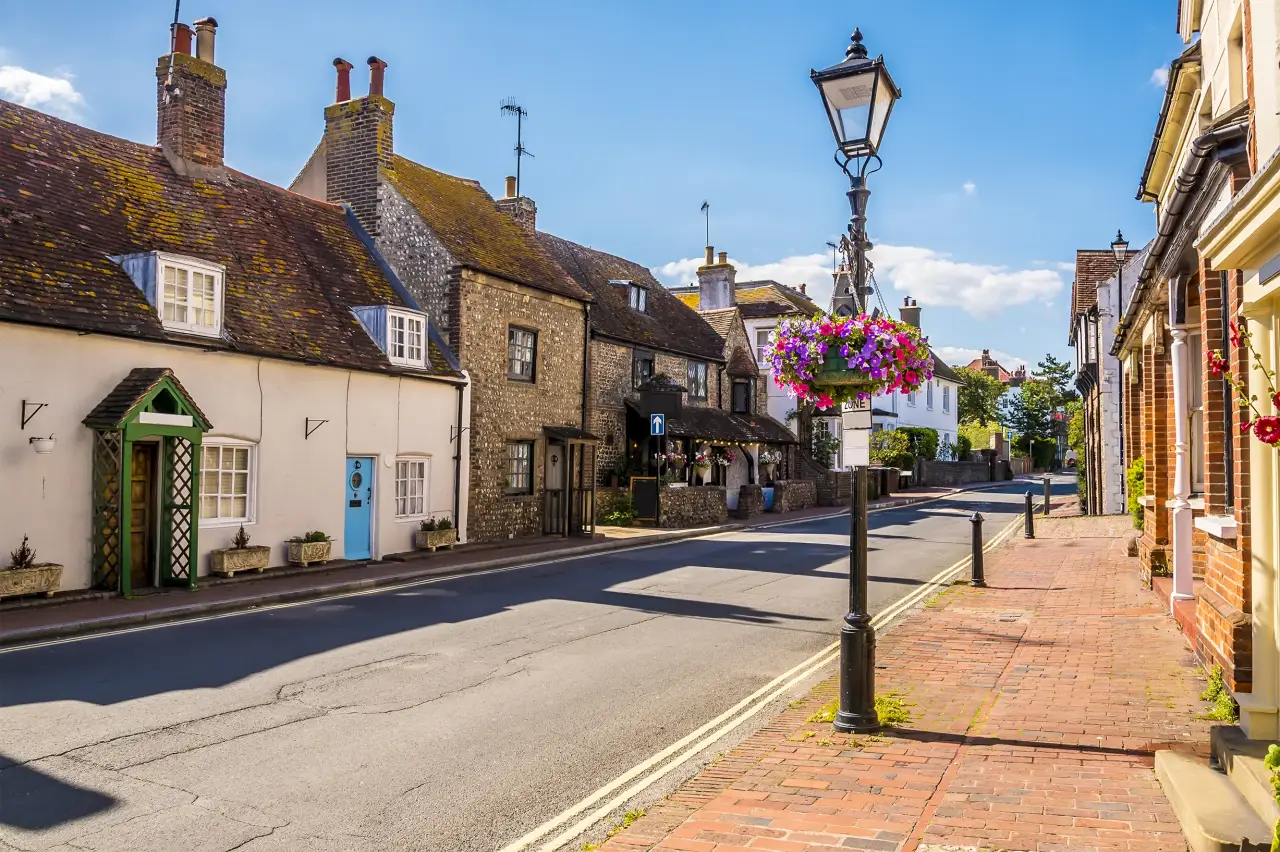The United Nations World Tourism Organization (UN Tourism) and the Development Bank of Latin America and the Caribbean (CAF) have signed a Memorandum of Understanding (MoU) to boost sustainable tourism in the Americas.
The agreement, signed during the FITUR international tourism trade fair in Madrid, focuses on promoting the CAF Regional Brand of Latin America and the Caribbean to attract investment, foster partnerships, and enhance the region’s global visibility.
The Regional Brand, created by CAF, aims to showcase Latin America and the Caribbean’s diverse cultural, geographic, and economic offerings under a unified vision. With UN Tourism’s support, the brand will be prominently featured in global communications and events, driving interest and investment in the region.
Zurab Pololikashvili, UN Tourism Secretary-General, emphasized the significance of this collaboration: “This agreement marks an important step towards enhancing the visibility of Latin America and the Caribbean’s rich tourism potential. By joining forces with CAF, we can ensure a coordinated and sustainable approach to promoting regional tourism.”
The partnership will focus on areas of shared interest, including sustainable development initiatives, regional branding strategies, and the creation of opportunities for local communities. By aligning their efforts, UN Tourism and CAF aim to strengthen the tourism sector’s role in driving economic growth, fostering inclusivity, and addressing climate challenges.
Sergio Díaz-Granados, CAF Executive President, added, “Latin America and the Caribbean is an incredibly diverse region, culturally, geographically, and economically. The Regional Brand offers a single, strong vision of the whole region. And with the support of UN Tourism, it will help us promote and grow the tourism sector and boost its impact on growth and opportunity.”
The MoU underscores the potential of collaborative efforts to position Latin America and the Caribbean as a leading destination in the global tourism landscape. With its rich diversity and unique experiences, the region is poised to benefit from sustainable practices that drive economic and social development while preserving its natural and cultural heritage.





